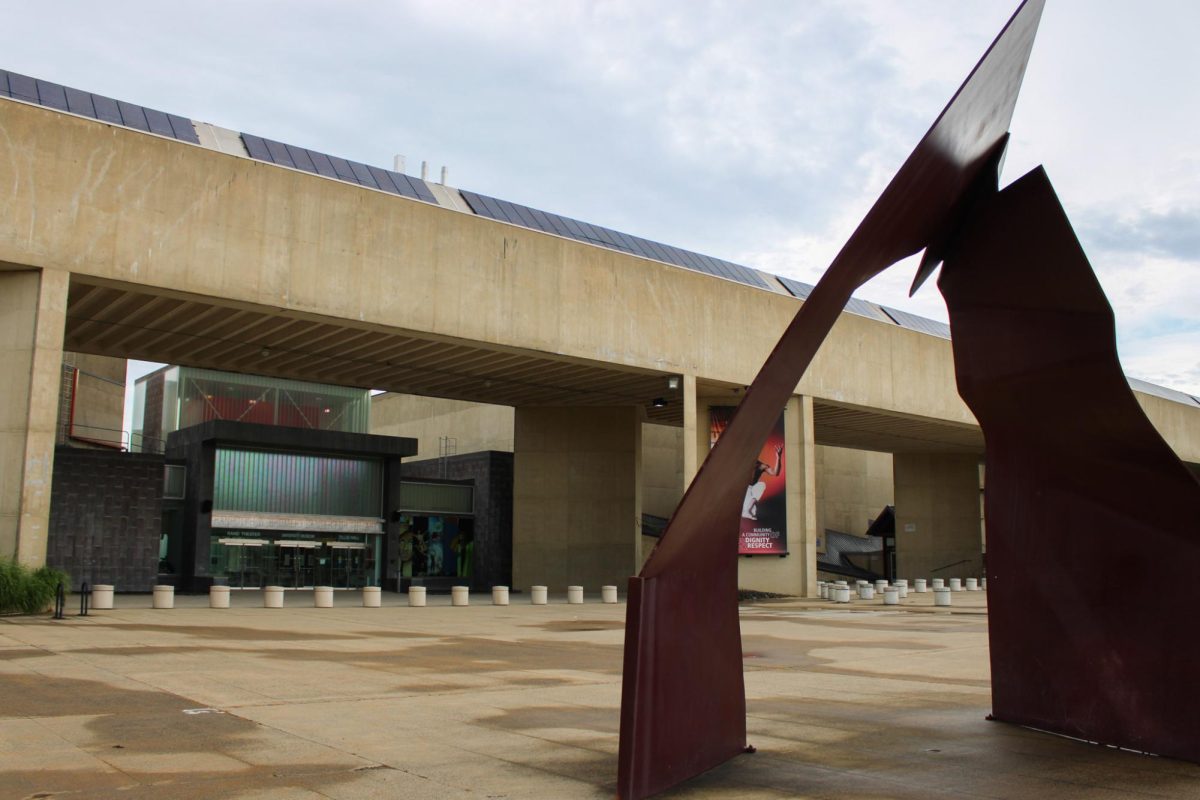
Voters in 10 states, including Massachusetts, will today cast nomination ballots crucial to the campaigns of the four remaining Republican contenders vying for the party nod in November’s presidential bid.
In an election poised to hinge on the economy, Mitt Romney – the former CEO of Boston-based private-equity firm Bain Capital – has branded himself as the candidate best suited to solve the problems of a floundering economy.
Former Pennsylvania Senator Rick Santorum has rebuked this claim, lambasting the Massachusetts moderate’s shaky stance on issues important to the party’s conservative base. Particularly, Santorum has challenged Romney’s record on health care legislation, claiming the health care reform bill passed in Massachusetts under then-Governor Romney’s watch was a template for President Barack Obama’s 2010 healthcare reform bill, which conservative leaders have called an over-expansion of federal power.
In Massachusetts, the former Bay State governor leads the pack heading into Super Tuesday voting, though elsewhere, in battleground states like Ohio, Santorum has proved a formidable opponent, leading polls there as recently as last week.
But coming into the weekend, Romney caught Santorum in polling as voters in the Buckeye State learned Santorum could be ineligible for 18 of the state’s 63 delegates at stake there today, according to the Ohio Republican Party, citing incomplete filings Friday.
Romney, campaigning at a Canton, Ohio guard-rail factory Monday, said a win in Ohio will secure him the nomination.
“I hope that I get the support of people here in Ohio tomorrow and in other states across the country. I believe if I do, I’ll get the nomination,” said Romney. “Then we can start organizing our effort to make sure that we replace President Obama.”
Romney conceded his 2008 bid for the Republican presidential nomination two days after John McCain posted strong showings in that cycle’s Super Tuesday event. This year could have similar implications, as the 10 states going to the polls today could whittle down the field of four remaining candidates.
In Iowa – the first contest of this nominating season – Santorum surged late, edging Romney by a narrow margin. In the New Hampshire primary, the next contest, Romney claimed victory, securing 40 percent of the vote, 12 points ahead of his nearest contender, Texas Rep. Ron Paul. Not until Florida, after former House Speaker Newt Gingrich claimed South Carolina, would a candidate secure two wins, when Romney tallied the Sunshine State’s 50 delegates.
Since New Hampshire, Paul has continued his fight to popularize the libertarian platform he’s prodded for decades and most recently seen palpable gains. Should the former congressman notch the necessary delegates today, he will likely ride that momentum to July’s Republican National Convention in Tampa Bay, Fla.
Rounding out the pack, former House Speaker Newt Gingrich has remained afloat, much with the help of key financial backer and Las Vegas casino mogul Sheldon Adelson, since winning South Carolina in late January.
Despite losing Florida after that, as momentum appeared to be shifting to Gingrich’s favor, the Speaker is hoping for strong showings in Tennessee and Georgia, the latter of which carries the largest single-state Super Tuesday delegate payout at stake today, with 76. Gingrich won election to the U.S. House of Representatives there in 1978, a seat he held until 1999.
Before votes are tallied tonight, Romney leads all other candidates combined, with 180 delegates under his belt. Santorum halves Romney with 90, the next highest count, followed by Gingrich’s 29, and Paul’s 23. Former Utah Governor Jon Huntsman snagged two delegates with a third place finish in New Hampshire, but conceded his bid after a lackluster showing in South Carolina.
On the Bay State ticket, Democratic presidential incumbent Obama runs unopposed.
Brian Canova can be reached at [email protected] or followed on Twitter @BrianCanova.












